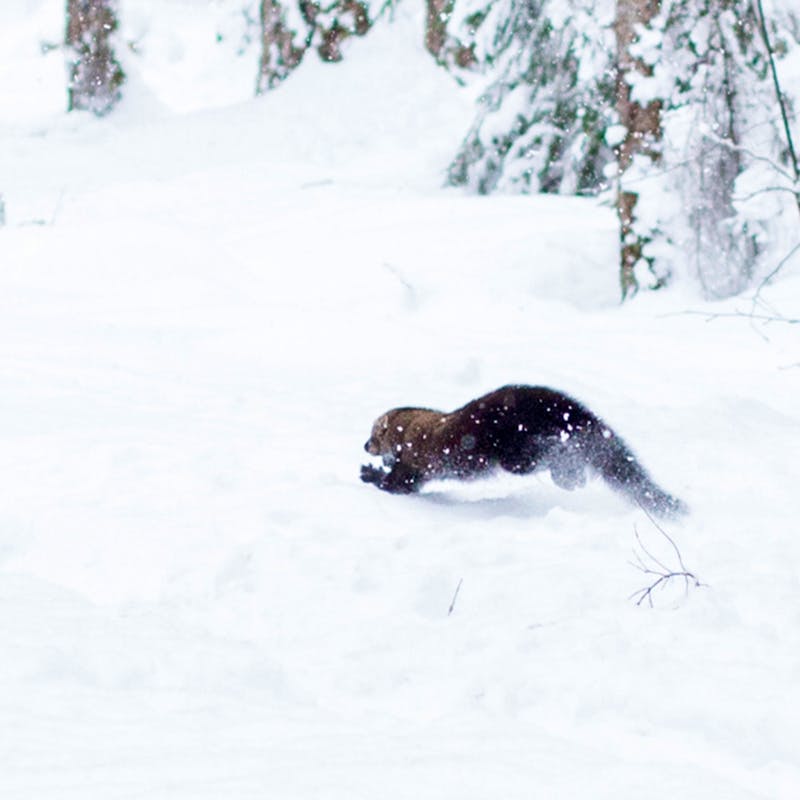Bad news for lobos. Arizona wildlife officials say they won’t support future releases of Mexican gray wolves until the federal government finalizes an in-the-works plan to recover the endangered animals.
The Arizona Game and Fish Commission last Friday voted 3-1 against new releases, but will continue to participate in Mexican wolf conservation efforts in the state, the commission said in a statement.
Defenders’ lobo expert Eva Sargent, who was tapped by the U.S. Fish and Wildlife Service to help shape the plan, says a final recovery plan is years away from being finished and the small population of 50 wolves in Arizona and New Mexico won’t survive without new blood.
The perilously low number of wolves puts the population at risk from disease and disasters such as the Wallow wildfire that ripped through wolf habitat last summer.
Newly released wolves are also urgently needed to strengthen the population’s gene pool, bettering the odds of recovery.
Given everything that’s at stake for this perilously small population of lobos, we hope the Game and Fish Commission will reopen the issue and reconsider. -Eva Sargent
Without releases, Sargent fears that threats—including illegal killings, vehicle collisions and trapping in New Mexico—will stack up, causing wolves to die at a rate faster than they can reproduce.
Meanwhile, the decision could affect several wolf releases that have been planned in Arizona. The Arizona Game and Fish Department, along with Defenders of Wildlife and the Fish and Wildlife Service, has worked closely with ranchers and local communities to prepare the way for these new wolves.
Ranchers around the release sites are testing new ways to coexist with wolves. All of the wolves ready to be released have been trained to dislike the taste of beef. This technique has been proven effective at keeping other predators from eating livestock. And while wolves are responsible for only a small fraction of livestock losses, hopes are high that it will help wolves gain more acceptance in the Southwest.
“Given everything that’s at stake for this perilously small population of lobos,” says Sargent, “we hope the Game and Fish Commission will reopen the issue and reconsider. The Fish and Wildlife Service may still consider releasing wolves without the state’s support, but it would be best to have the Arizona Game and Fish Department by its side.”




